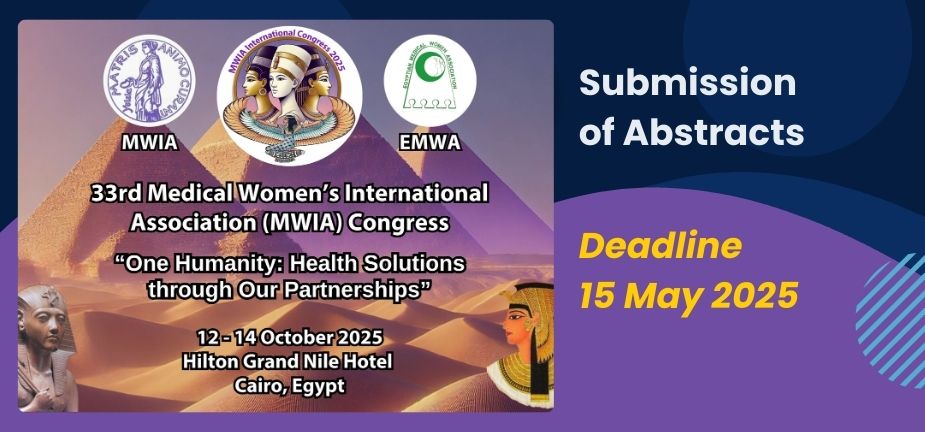Our uncertain future requires new leadership
Our uncertain future requires new leadership – can the origins and theories of this ancient construct illuminate its capacity to change?
Seemingly teetering on the boundaries of stability and familiarity, today’s societies seem in great need of leadership; leadership which is insightful and courageous. But is leadership a construct flexible to change? And what are the contributors to the formation of a leader? For us to appraise and elect leaders who will encourage humanity towards a sustainable and fair global society, we need to understand the relative contributions of personal character and externalities to the development of a leader. Furthermore, achieving a sustainable future may necessitate a change in leadership style. Examining the evolution of leadership may help us elucidate the potential for such a change.









